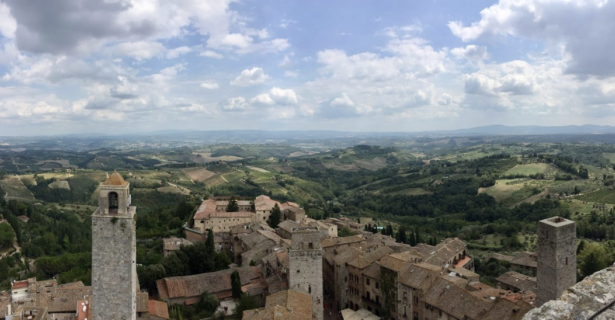Soon after arriving in Italy for my summer internship, a populist government came to power. Two deeply different parties, the Five Star Movement and the League, won the majority in the recent election and, defying all expectations, formed a coalition to rule the country. The Five Star Movement, an anti-establishment party founded by a former comedian, has promised increased government spending through policies, including universal basic income. Its manifesto gained popularity in the Italian South where unemployment is close to 20 percent. The League, an historic party of the extreme right, swept northern voters with its anti-immigration rhetoric and promises to slash taxes to revive the economy. Populism is thriving because of widening geographic and generational inequalities, economic stagnation and misrepresentative, underperforming institutions. In this context, impact investing has a lot to offer, particularly to bridge the gap between the state and the private sector and to propose new models for inclusive innovation and growth.
This summer, I have the privilege of interning at Oltre Venture in Milan, a pioneer of impact investing in Italy. Working in this sector is not only a constant reminder of Italy’s troubles but also of its immense potential. Impact investors are working with entrepreneurs on issues such as reviving economic activity and local traditions through experiential tourism; providing affordable private care by leveraging technology and an efficient allocation of doctors’ time; and increasing access to local fresh produce through agricultural technology and responsible food retail.
However, the mill of impact investing and social entrepreneurship is a slow grind. Italy remains a relatively small and politically unstable market that scares foreign investors, and the scarcity and geographic bias of local seed capital means social entrepreneurship efforts are rare and often short-lived. The road is still long, but Italians have what it takes – a unique territory and cultural heritage, a history as a welfare state and, stereotypes aside, the desire to work hard.

